Legal with Leah: OFBF files U.S. Supreme Court brief
In the case O’Connor v. Eubanks, the question is, can a state be sued in federal court when it takes a property?
Read MoreIn addition to the testimony in support of HB 64, Ohio Farm Bureau is asking members to contact their state representative to voice their support for eminent domain reform.
Earlier this week, Ohio Farm Bureau testified before the Ohio House Civil Justice Committee in support of HB 64, which will make several vital reforms to Ohio’s eminent domain law, including providing landowners an opportunity to defend themselves from overreaching corporate and government interest if they don’t follow the process outlined in Ohio law.
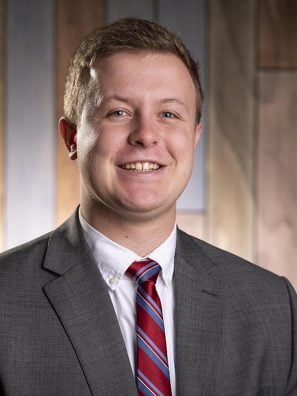
In his testimony Evan Callicoat, Ohio Farm Bureau director of state policy, said Farm Bureau members often call the organization once they begin to hear about or are directly approached with threats of eminent domain. He told the committee that even after walking through the general process with members, it often does not help much to allay their fears of losing their land, and the costs they may incur. He stressed that farmers, like most landowners, are very attached to their land but in some ways, even uniquely so.
“A person’s home and farm is where they have made memories, where their children have played, and for a farmer, where their family business, sometimes generations long, has grown and thrived,” Callicoat said. “The back 40 is not necessarily just a crop field; it’s where they learned to drive a tractor. The barnyard is not just a pasture, but where they started their business as a young 4-H or FFA member. It represents their hard times and their good times, and not just dirt and soil.”
While current law does have some protections for landowners, those are rarely available and are inadequate to protect the right of private property that is enshrined in the Ohio Constitution. Eminent domain actions are almost always going to require a landowner to acquire private legal counsel, something that can be more difficult to attain in rural areas. Then begins the back and forth, the negotiations, and sometimes, the eventual courtrooms.
“Landowners deserve to receive a fair process and appropriate compensation when their land is taken for a public use, but compensation is often not the only worry,” Callicoat said. “There’s also whether the construction will cut drain tiles, whether they will still be able to access all parts of their farm, will law enforcement respond to trespassing issues, and a host of other concerns that arise when someone shows up to build something on your property.”
Ohioans also have the dubious distinction of being the only landowners without a claim of inverse condemnation. Though inverse condemnation claims should be rare, they arise when a condemner has taken property without going through the proper procedures under the law. Currently, Ohio landowners must navigate a complex process to have the condemnor held liable for the taking. But even that does not provide them relief, as they must then return to the lower court and start the eminent domain process over, as if their land was never taken in the first place.
“Shown by the growing frustration and feeling of helplessness our members face when approached by a condemning agency that is attempting to take their land through eminent domain, Ohioians’ private property rights are not adequately respected or protected by the status quo,” Callicoat testified. “That is why the Ohio Farm Bureau strongly supports House Bill 64.”
In addition to the testimony in support of HB 64, Ohio Farm Bureau is asking members to contact their state representative to voice their support for eminent domain reform. In addition, if you have a personal story you would like to share with members of the Ohio House that supports HB 64 and eminent domain reform, Ohio Farm Bureau would like to help you make your voice heard. Those interested in taking further steps to express real-life stories of why this bill needs to be reformed can reach out to Whittney Bowers, at [email protected], to discuss your next steps and how you can help tell this important story of legislation in action.
“This legislation would give safeguards to landowners across Ohio to protect them from government and utilities taking property,” said Adam Sharp, executive vice president of Ohio Farm Bureau. “We appreciate Representatives Darrell Kick and Rodney Creech for bringing this issue forward and offering a path to bring Ohio in line with almost all other state and federal laws when it comes to eminent domain.”


In the case O’Connor v. Eubanks, the question is, can a state be sued in federal court when it takes a property?
Read More

The 3rd District Court of Appeals ruled that Columbia Gas of Ohio did not demonstrate that taking of the property was a necessity, and that further review was warranted of the agricultural easement issue.
Read More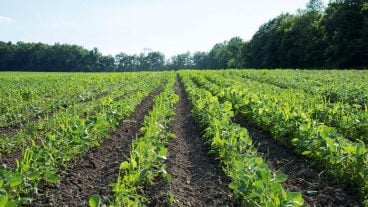
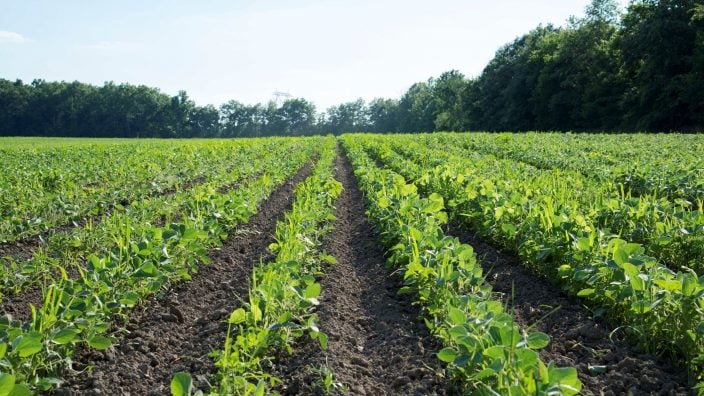
The 3rd District Court of Appeals upholds denial of eminent domain for gas pipeline. Court also recognizes the public purpose of farmland easements.
Read More

In addition to the testimony in support of HB 64, Ohio Farm Bureau is asking members to contact their state representative to voice their support for eminent domain reform.
Read More

A bill introduced by State Representatives Darrell Kick and Rodney Creech would create a more direct legal route for a landowner to receive compensation when property is taken by the government without compensation.
Read More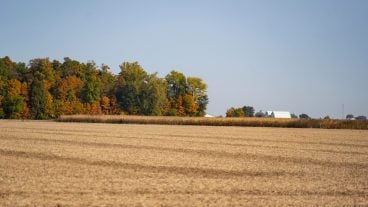
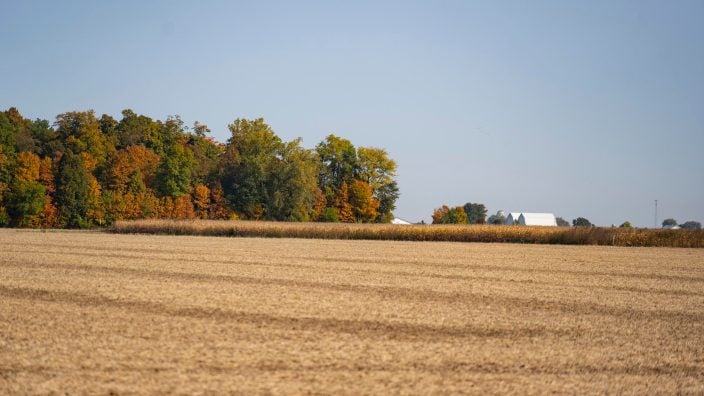
News out of Iowa that a private company has filed to use eminent domain to construct a carbon pipeline has raised lots of questions in Ohio.
Read More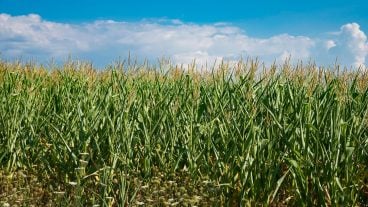
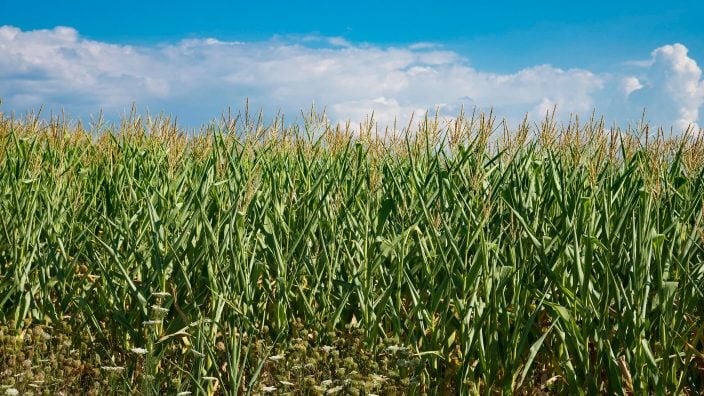
Ohio Farm Bureau and the Union County Farm Bureau recently filed an amicus brief in a case with potential impacts to farmland preservation programs.
Read More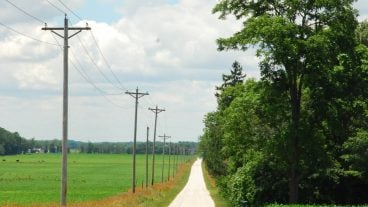
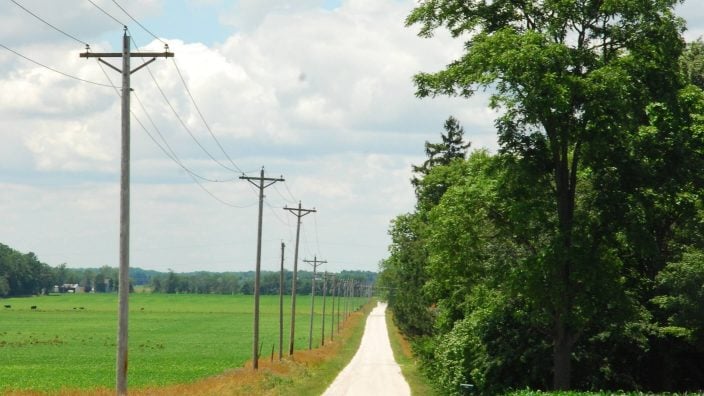
Landowners should have the right to challenge and make sure that a taking is necessary and that it’s limited to what is actually necessary so that the law is upheld.
Read More

JobsOhio is a private nonprofit economic development corporation designed to drive job creation and new capital investment in Ohio through business attraction, retention, and expansion.
Read More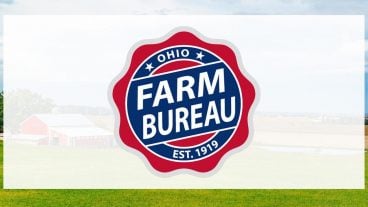
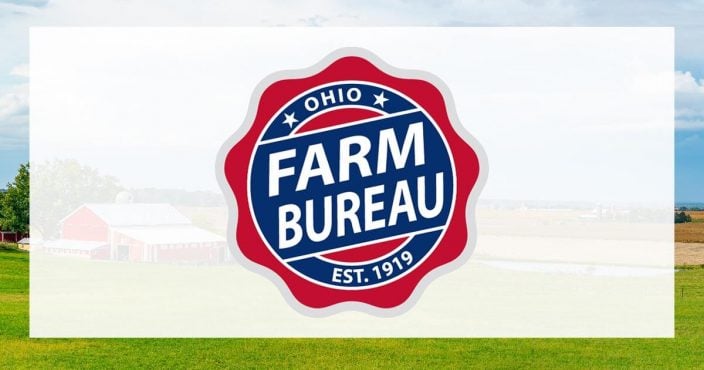
Farm Bureau is currently working with the Legislature to address eminent domain reform as a priority issue.
Read More